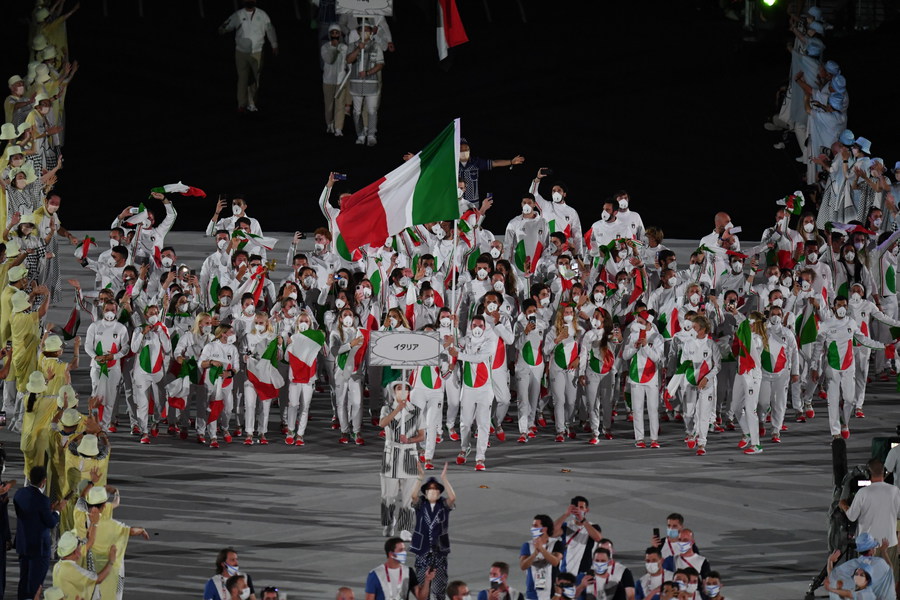28° Edizione del Master in Psicologia dello Sport
Due edizioni: Milano (ottobre 2021) e Roma (Gennaio 2022)
OBIETTIVI DEL MASTER
- Promuovere nello sport l’intervento di psicologi professionalmente competenti.
- Consentire ai partecipanti l’acquisizione delle competenze di psicologo dello sport attraverso l’attività didattica, il confronto con esperienze di eccellenza, stage presso federazioni e società sportive, project work e testimonianze di valore assoluto.
- Sviluppare la professione di psicologo dello sport, attraverso la realizzazione di un percorso formativo strettamente correlato alle diverse esigenze del contesto sportivo.
- Diffondere i risultati ottenuti dai principali centri internazionali d’eccellenza, mutuandone strumenti e metodi, adeguandoli al contesto italiano.
- Creare l’opportunità all’inserimento lavorativo nelle società sportive con la realizzazione e successiva implementazione del Project Work sviluppato durante il Master.
DOCENTI
Il corpo docente del Master è costituito da Psicologi professionisti esperti in psicologia dello sport e della prestazione, docenti Universitari, dirigenti sportivi, allenatori e atleti di livello assoluto.
Direttore Scientifico è il Prof. Alberto Cei
PROGRAMMA DEL MASTER: 9 MODULI FORMATIVI
- Osservazione e valutazione dell’atleta
Osservazione abilità e motivazione dell’atleta, strumenti di valutazione e assessment psicologico. - L’allenamento
Insegnare per allenare: i fondamenti dell’allenamento sportivo. Aspetti psicologici e sviluppo dell’autoefficacia. - Le tecniche in psicologia dello sportTecniche psicologiche: respirazione, mindfulness, attivazione/disattivazione, self-talk, flow, allenamento ideomotorio, imparare dall’esperienza, playbook.
- L’attività giovanileAttività giovanile, sport di squadra, dinamiche di gruppo e leadership.
- La preparazione mentale nel tennis e negli sport di situazioneStrategie e tattiche per gestire la competizione e allenare gli aspetti mentali specifici.
- Dagli sport di precisione agli sport di lunga durata Dagli sport di precisione agli sport di lunga durata: resilienza, attenzione e tenacia.
- La CompetizioneLa preparazione alla competizione: condizione pre-gara ottimale, routine, partenza, gestione degli errori, gestione degli eventi inattesi.
- Inclusione e benessereLo sport per le persone con disabilità; benessere: ottimismo, infortuni, doping, stile di vita dell’atleta.
-
Outdoor - Conclusione del Master
Presentazione finale del Project Work, team buildinge esperienza residenziale.
Ulteriori informazioni:
Chatta su WhatsApp con +39 351 759 2912
E-mail: psicosport@psicosport.it
- Osservazione e valutazione dell’atleta







